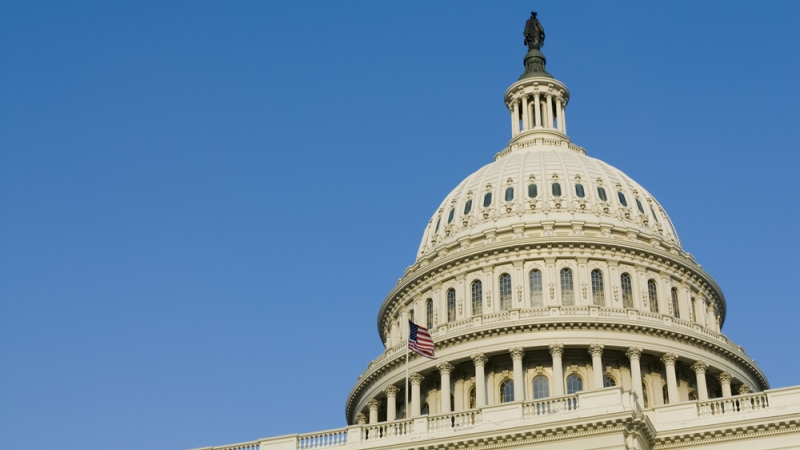
The House on July 20 passed the Securing Growth and Robust Leadership in American Aviation Act – a bill to reauthorize the Federal Aviation Administration (FAA) and aviation safety and infrastructure programs for the next five years – with overwhelming bipartisan support in a 351-69 vote.
The legislation was first introduced on June 9 by Transportation and Infrastructure Committee Chairman Sam Graves, R-Mo., Ranking Member Rick Larsen, D-Wash., Aviation Subcommittee Chairman Garret Graves, R-La., and Ranking Member Steve Cohen, D-Tenn. The legislation was approved by the panel in a unanimous 63-0 vote on June 14.
The Senate has not yet passed its own version of an FAA reauthorization bill. The Senate Commerce, Science, and Transportation Committee was set to markup its version of the bill in June, but that process was delayed with no reschedule date as of yet.
Lawmakers in both chambers will have to hash out differences between the legislation and send it to President Biden by Sept. 30 when the current FAA authorization terminates.
“America has always been the gold standard in aviation, and this bill ensures that we remain the world leader,” Chairman Graves said in a July 20 statement. “This bill will make the FAA more efficient, encourage the safe adoption of new and innovative technologies, and address growing workforce shortages, from pilots and mechanics to air traffic controllers.”
The House’s nearly 800-page bill includes several tech and workforce provisions that promise to bolster security and innovation within the Federal aviation sector:
- Improving FAA efficiency and operations: The bill makes targeted changes to the organizational structure of the FAA to improve the overall efficiency of the agency, allow for innovation, and streamline the regulatory process;
- Growing the aviation workforce: This bill addresses workforce challenges by removing barriers to pursuing aviation careers, expanding the aviation workforce pipeline, improving training standards, and more;
- Upholding America’s gold standard in safety: The bill addresses several safety issues, including the recent uptick in runway incursions, to ensure the United States, and the FAA, remain the world’s gold standard in aviation safety; and
- Encouraging aviation innovation: America has been a leader in aviation innovation. Unfortunately, due to bureaucratic hurdles, endless research, and pilot programs that are not leading to the development and incorporation of new technologies, China and other countries are beginning to surpass the United States, the legislation says. The bill encourages the safe yet more efficient testing and integration of new technologies, such as drones and Advanced Air Mobility, into the airspace.
Passage of the legislation comes after five grueling FAA reauthorization hearings, and one nationwide ground stop when the agency’s Notice to Air Missions system broke down earlier this year – sparking bipartisan concern over the agency’s outdated IT systems and cybersecurity.
“I am pleased to see a bipartisan Federal Aviation Administration Reauthorization Act receive overwhelming approval by the House,” said subcommittee Ranking Member Cohen on July 20. “This transformative legislation, which required compromises from both sides, will improve the safety of the flying public, create good jobs and bolster the aviation workforce pipeline, and take important steps to protect consumers, including those with disabilities. This is a good bill, and I am proud to support it. I am hopeful we can work out a final bill with the Senate well before our September deadline.”
